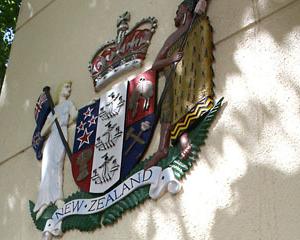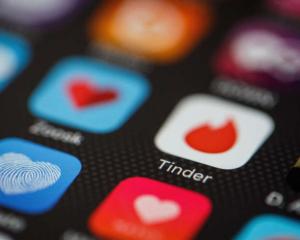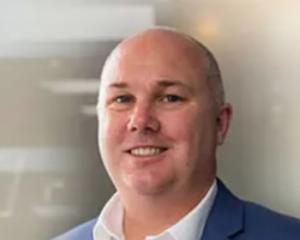General practice network South Link Health Services is about to expand its medical workforce by 40, without having to wait for students to train or Immigration New Zealand to approve a work permit or residency.
After a successful trial, South Link is introducing new automated health kiosks — machines which have already been named "Robo Docs".
The kiosks are designed to take standard measurements which would normally be taken by a GP or a practice nurse, such as weight, height, temperature, oxygen saturation, pulse and blood pressure, and then upload them for a clinician to consider — either to then prescribe medication or refer the patient for a more extensive consultation.

"The kiosks are one aspect of smart care," Prof Tilyard said.
"They can get through, in a normal practice, about 168 patients in a normal day and can take all their measurements and put them seamlessly in the system."
Patients are given an individual QR code, which is scanned in on the kiosk before their information is recorded and uploaded — similar machines have been tried in New Zealand but, importantly, lacked the ability to upload data automatically.
Assuming there are no significant variations from previous readings and any test results are unremarkable, the kiosk could then even automatically generate any required repeat prescriptions, Prof Tilyard said.
Alternatively, it could request a patient come back within a certain timeframe to monitor any potentially troublesome variations.
The amount of time saved, multiplied by staff wages, meant the kiosks could both save millions of dollars and greatly increase the number of patients clinicians could see, Prof Tilyard said.
"Each year in the average general practice, 1300 hours of clinical staff time is spent gathering routine measurements such as blood pressure, and research has shown we can reduce this time by nearly 80% through the use of technology such as the care kiosk.
"This would equate to more than 4000 extra consultations a year."
The China-made machines had been successfully tested in several South Link practices, Prof Tilyard said.
South Link hoped to eventually roll out 200 of the machines around the country.
Advertisement








